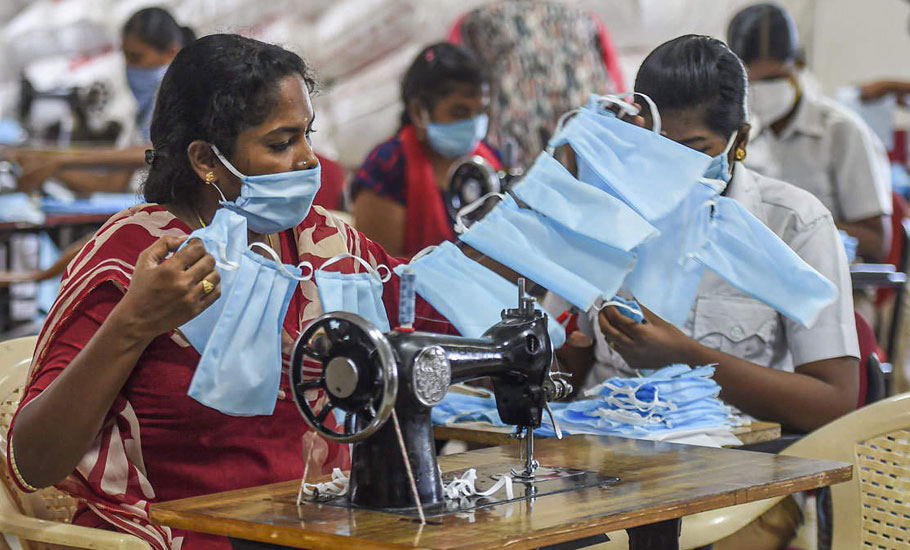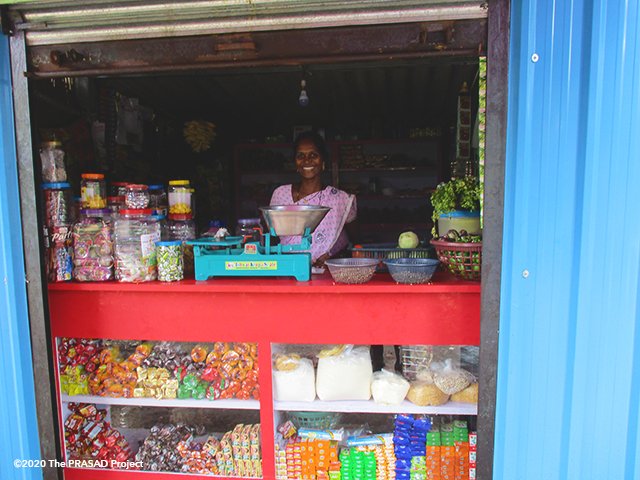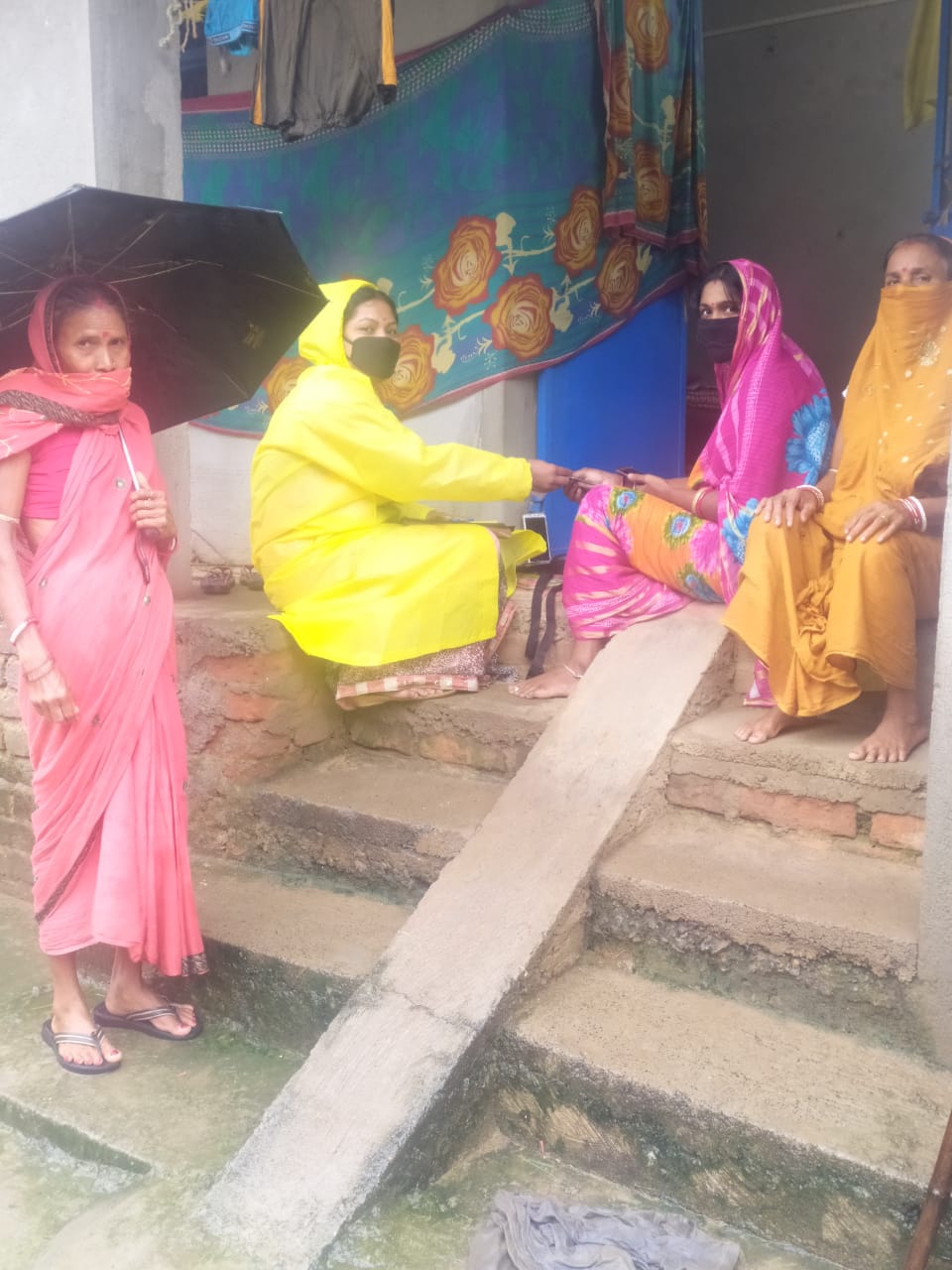
- Home
- India
- World
- Premium
- THE FEDERAL SPECIAL
- Analysis
- States
- Perspective
- Videos
- Sports
- Education
- Entertainment
- Elections
- Features
- Health
- Business
- Series
- In memoriam: Sheikh Mujibur Rahman
- Bishnoi's Men
- NEET TANGLE
- Economy Series
- Earth Day
- Kashmir’s Frozen Turbulence
- India@75
- The legend of Ramjanmabhoomi
- Liberalisation@30
- How to tame a dragon
- Celebrating biodiversity
- Farm Matters
- 50 days of solitude
- Bringing Migrants Home
- Budget 2020
- Jharkhand Votes
- The Federal Investigates
- The Federal Impact
- Vanishing Sand
- Gandhi @ 150
- Andhra Today
- Field report
- Operation Gulmarg
- Pandemic @1 Mn in India
- The Federal Year-End
- The Zero Year
- Science
- Brand studio
- Newsletter
- Elections 2024
- Events
- Home
- IndiaIndia
- World
- Analysis
- StatesStates
- PerspectivePerspective
- VideosVideos
- Sports
- Education
- Entertainment
- ElectionsElections
- Features
- Health
- BusinessBusiness
- Premium
- Loading...
Premium - Events

From rasoi to rozgaar, SHG workers kept the boat afloat

Soon after the government announced its first lockdown in March this year, the biggest worry for Veena KS, a farm labourer, was how to repay the loan of Rs 1.5 lakh borrowed by the self-help group run by her. Veena and 10 other women, part of Siddapaji women self-help group, had borrowed the money for self-employment and household expenditure. While her team members had used the money...
Soon after the government announced its first lockdown in March this year, the biggest worry for Veena KS, a farm labourer, was how to repay the loan of Rs 1.5 lakh borrowed by the self-help group run by her.
Veena and 10 other women, part of Siddapaji women self-help group, had borrowed the money for self-employment and household expenditure. While her team members had used the money for silkworm rearing, some for sheep rearing, Veena used the loan amount to pay school fees for her children. She used her daily wage earnings to repay the loans. The lockdown however came as a shock and the bank had strictly asked her not to delay the payment.
Within a month, the Taluk Panchayat office contacted the SHG and asked them if they would be interested in doing property assessment work for the village panchayat so that they could earn some money as part of the National Rural Livelihood Mission.
Veena and her team members were given a two-day training on measuring the property size and drawing up a tax assessment plan. For each property tax assessment done, they authorities paid Rs 50. The team had work for a month and completed 1700 houses in the surrounding. It helped them generate Rs 85,000 in quick time. Though the bank had given them a moratorium of three months, Veena and her team started to repay after the very first month. What she would have otherwise earned in three months, she got it one month.
“We thought we would default on the loan and were worried about the mounting interests. But the work allocation came at the right time and it helped us a lot. We learnt something new and we are confident now that we can handle the work every year for the panchayat,” Veena says.
Under the pilot project, the SHGs surveyed properties in Ramanagara district’s Lakshmipura, Bannikoppa and Kanchgaranahalli areas. On the successful completion of a pilot project, the government envisioned to extend the project state-wide in the near future.
While Veena’s SHG is now back on track, her team members are getting new opportunities from the panchayat officials. With the COVID disrupting supply chain and impacting the availability of certain daily consumed goods, Veena and her group are being asked to fryums and pickles for the local consumption and the panchayat officials helping them with market linkages by connecting them to vendors. The COVID crisis just put them on a different track.
With the COVID crisis wreaking havoc across the country, SHGs have come to the fore in help the communities to meet the demand for medical provisions and also provide the members with alternative sources of employment during the crisis times even as many lost jobs and are struggling to repay the loans.
The members who were deprived of their daily incomes due to the lockdown, were now engaged in different works to earn Rs 300-400 per day.
In Karnataka, some of the SHGs were making Rs 500-800 a day by merely selling the masks, sanitizers to government departments, private retailers and individuals. In Reasi, Jammu, SHGs produced about 1,10,000 masks on the order placed by the district administration. Those who were earlier engaged in stitching clothes switched over to sewing masks and have produced over one lakh cotton masks in less than a month.

Similar stories across the country
Across the country, from Karnataka to Kerala to Assam and Uttar Pradesh, millions of women joined hands to fight the COVID crisis, more than ever. They’re making face masks, running community kitchens, delivering ration (grocery) essentials, creating awareness about healthcare facilities and COVID protocols, countering misinformation and more.
For instance, Anjumoni Singha of Bongaigaon as part of the 10-member Chilarai SHG earned money by making sweets and confectioneries until the COVID crisis hit them. But then, the group did not get bogged down by the sudden hit. They smelt an opportunity with the short supply of masks and personal protective equipment (PPE).
“With the government making masks compulsory, we saw an opportunity. Local municipal bodies, hospitals and establishments became our customers. If we earned Rs 15-20,000 a month before lockdown, we continued to make that money amid lockdown and downturn in the economy,” Singha says.
They hold meetings every week and take collective decisions to lend loans within the group at 2 per cent interest from the savings that the group accumulates in the bank. The group has so far not taken any loan from the banks.
With the states easing lockdown norms and economic activities slowly drifting back, Singha and her team are back on track to mass produce sweets as well as masks and PPEs.
In certain places, women in SHGs are also working as banking correspondents by delivering various government benefits to the doorstep of the rural poor.
In UP, the government now plans to engage SHGs to distribute the ration kits to the doorstep of the households. Besides, according to a latest report, about 950 SHGs may soon be running the public distribution system outlets (ration shops) that were shut due to alleged corrupt practices over the past few years.
In Bihar, which has the largest SHG network with 10 lakh SHGs and 12 million (1.2 crore) members part of it, Jeevika, a World Bank supported project, spread information about COVID, quarantine and self-isolation rules through leaflets, songs, videos and phone messages.
Also, the SHGs ran something called ‘Didi in Rasoi’ outlets to serve food to quarantine people and in-patients. Balamurugan D, Jeevika mission director, in Bihar told HT that so far Rs 12200 crore worth loan from banks so far have been to start their own income-generating activities and that the repayment has been timely.
With the SHGs’ NPA ratio at minimal 2.37% compared to the industry average of 8.5%, governments are working to keep them solvent so that they continue to play a vital role in the COVID recovery process. In the stimulus package to fight COVID 19 announced by Nirmala Sitharaman, one of the announcements was to double collateral free loans to women SHGs from Rs 10 lakh to Rs 20 lakh.

But all is not that rosy. As reported by The Federal before, many women SHGs in Tamil Nadu could not benefit from the moratorium on loans announced by the Reserve Bank of India to ease the crisis caused by COVID. Some of the members alleged that They have alleged that SHGs forced them to pay the interest on loans under compulsion from banks and microfinance companies saddled by NPAs and hit hard by the crisis caused by the pandemic.
Unable to bear the pressure from the SHGs and financial institutions, some members were pushed to take extreme steps, including ending their own lives.
As per National Rural livelihood Mission, there are about 62.24 lakh SHGs with 6 crore beneficiaries across India. In a reply to a question in Lok Sabha, the rural ministry had said that as of April 2018, the cumulative Bank Credit mobilized for women SHGs since inception was to the tune of Rs.1.53 lakh crores.
‘The Kerala model’
In Kerala, the Kudumbashree network, the country’s earliest community platforms of women with 4.3 million members, went a step ahead and engaged the SHGs members to even engage them in cracking fake news and breaking the chain of misinformation spread during the COVID times. Besides, like in Bihar, the government also helped them in ramping the community kitchens run by SHGs so that they can cater food to those in quarantine.
The government also laid emphasis by allocating Rs 2000 crore for interest free loans to these Kudumbashree SHGs to ensure they are supported to sustain amid the crisis.
Explaining the process, S Harikishore of Kudumbashree Mission in Kerala, says in order to empower these SHGs, they focussed on creating livelihood opportunities, making funds available, vulnerability mapping, channelising grassroots resources, engaging them in (govt) communication and providing counselling help to in need.
In Kerala, the government has done a vulnerability mapping, depending on the geographical, social, economical and physical situation so as to capacitate those individuals or groups to cope with adversities and help them get out of the crisis mode.
“One of the ways we addressed the crisis is through vulnerability mapping so that the benefits reach the right target group. The Centre can follow our model to replicate it across the country,” Harikishore said. While the banks charge about 9 percent interest on loans, the Kerala state government bears it so as to remove the burden on SHGs. “We request the Centre to make the loans to be disbursed to SHGs as interest-free. It would certainly help them (women SHGs) perform better and sustain,” he adds.
